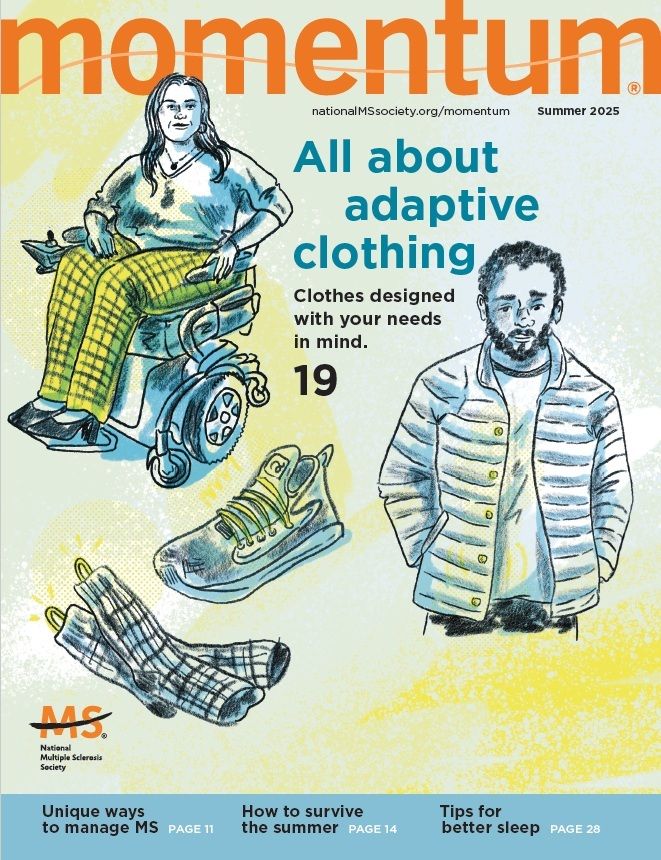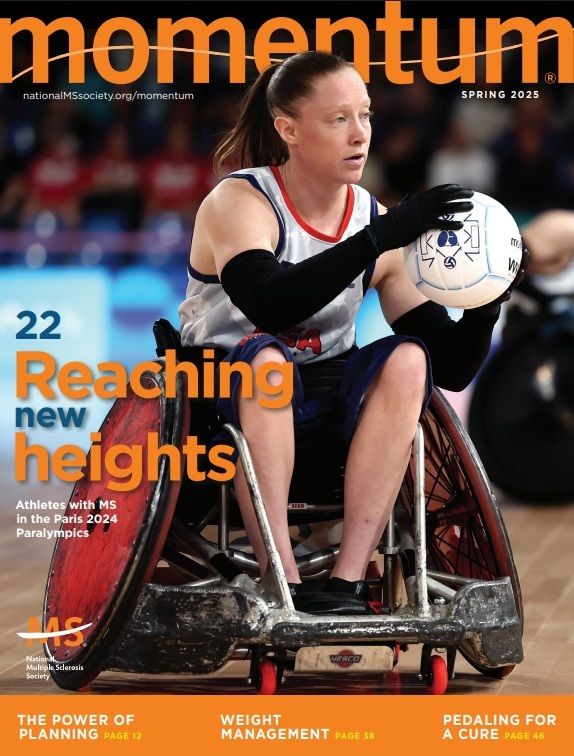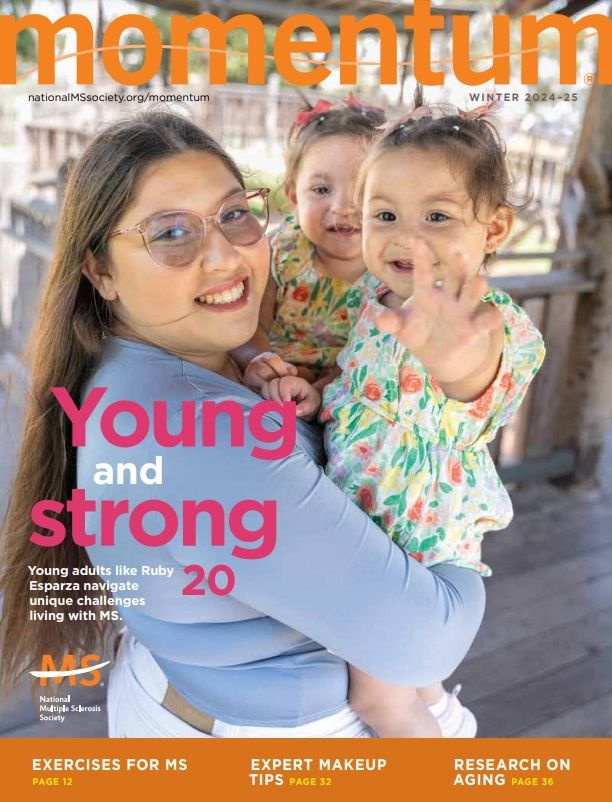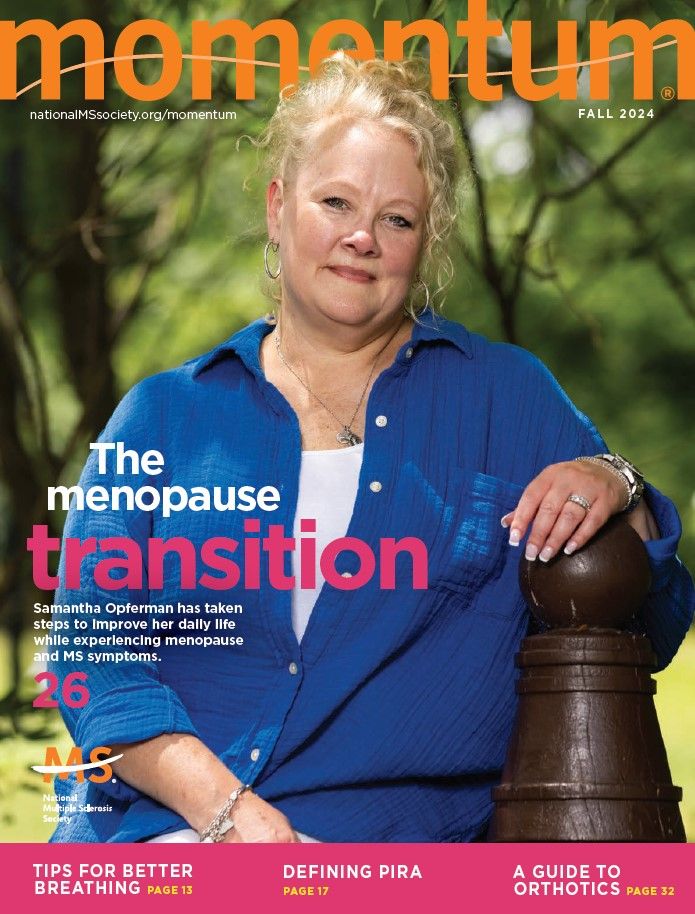Moving to Medicare
The switch from private insurance can be a shock for people who find they have to pay more for their MS medication.


Who Is Eligible for Medicare
Changes to Coverage
Bridging the Gap for Medical Coverage
Erin Bradshaw is the chief of mission delivery at the Patient Advocate Foundation. She has advice for anyone with a chronic condition who will be transitioning to Medicare.“I strongly encourage purchasing supplemental insurance during Medicare enrollment,” she says. “Having a medical condition will generate expenses. Supplemental insurance, known as Medigap, provides a safety net adding additional coverage to pay medical expenses you incur.”Medigap insurance is additional coverage sold by private companies that will cover some of the costs of Medicare deductibles, copays and coinsurance.As supplemental insurance is a private insurance policy, companies can determine whether to accept new members. If you have a pre-existing condition, timing is of the essence when it comes to enrolling. “You’ve only got a small window of time to make those choices and decisions,” Bradshaw says.Your state department of insurance can provide details about the Medigap plans available in your state.With all these options, fees, restrictions and offerings may seem overwhelming. But there are things you can do to make the process easier. One thing not to do, Bradshaw cautioned, is to compare your plans to others’.“People will call and say, ‘I don’t understand. My friend has this plan,’” Bradshaw says. “You should be cautious and not compare yourself to someone else; the same plan may not work well in your situation.”What you can do is educate yourself:Contact the Society’s MS Navigators, who can answer general questions, as well as complex questions about benefits and insurance. The MS Navigators also provide open enrollment services for Medicare beneficiaries. “We focus on educating people about their options so they can make the best choice available,” Perry says. You can contact an MS Navigator by calling 800-344-4867, emailing ContactUsNMSS@nmss.org, or online at nationalMSsociety.org/navigator.Contact your local program. “Every state has a free, one-on-one counseling program,” Perry says. “They may not know the ins and outs of multiple sclerosis, but we can provide supplemental materials and they can call and speak to an MS Navigator.” Visit the State Health Insurance Assistance Program.Contact the Patient Advocate Foundation. Find information about case managers, copay relief and financial aid patientadvocate.org. Call (800) 532-5274 for case management; (866) 512-3861 for copay relief; or (855) 824-7941 for information about financial aid.Search for charitable copay organizations. There are only a few and they have limited funds. “I tell people to check these charities every single day either by phone or their website,” Perry says. They are open intermittently throughout the year, sometimes for just hours, until their limited funding runs out. Perry suggests trying PAN Fund Finder.Search for discounts and freebies. Even though drug companies typically do not offer drug coupons to Medicare, some may have free drug programs. “Because of federal regulations, pharmaceutical companies cannot offer the same discounts as others with private insurance may receive,” Bradshaw says. But some offer application to free medication. “Not all of them, but worth the effort to try.”Involve your friends. “Ask someone to help take notes and remember questions,” Perry suggests, “especially if you’re experiencing cognitive symptoms. Having a family member or friend help is always a good idea.”Talk to your doctor. Unfortunately, the prices of these drugs can lead to some tough choices. “I hear it a lot,” Perry says. “People making a choice between taking medication or getting food for the month. It’s really rough out there.”Gervich knows how rough it is. “I feel punished financially for having a chronic disease,” he says. “I’ve even considered stopping the drug.”This last resort—stopping medication—is one that advocates are fighting hard to eliminate. For now, people can best prepare themselves by seeking financial assistance when possible and, as Gervich has done, by becoming familiar with the complex system that is Medicare.Also, be sure to review your plan options every year because the plans make changes annually. MS Navigators can provide Medicare plan searches during fall open enrollment October 15 to December 7.“Do your homework,” Gervich says. “But because all the prices are about the same, there’s not much maneuvering room there. So I’d say the biggest step is awareness, just be sure you know what’s coming.”










